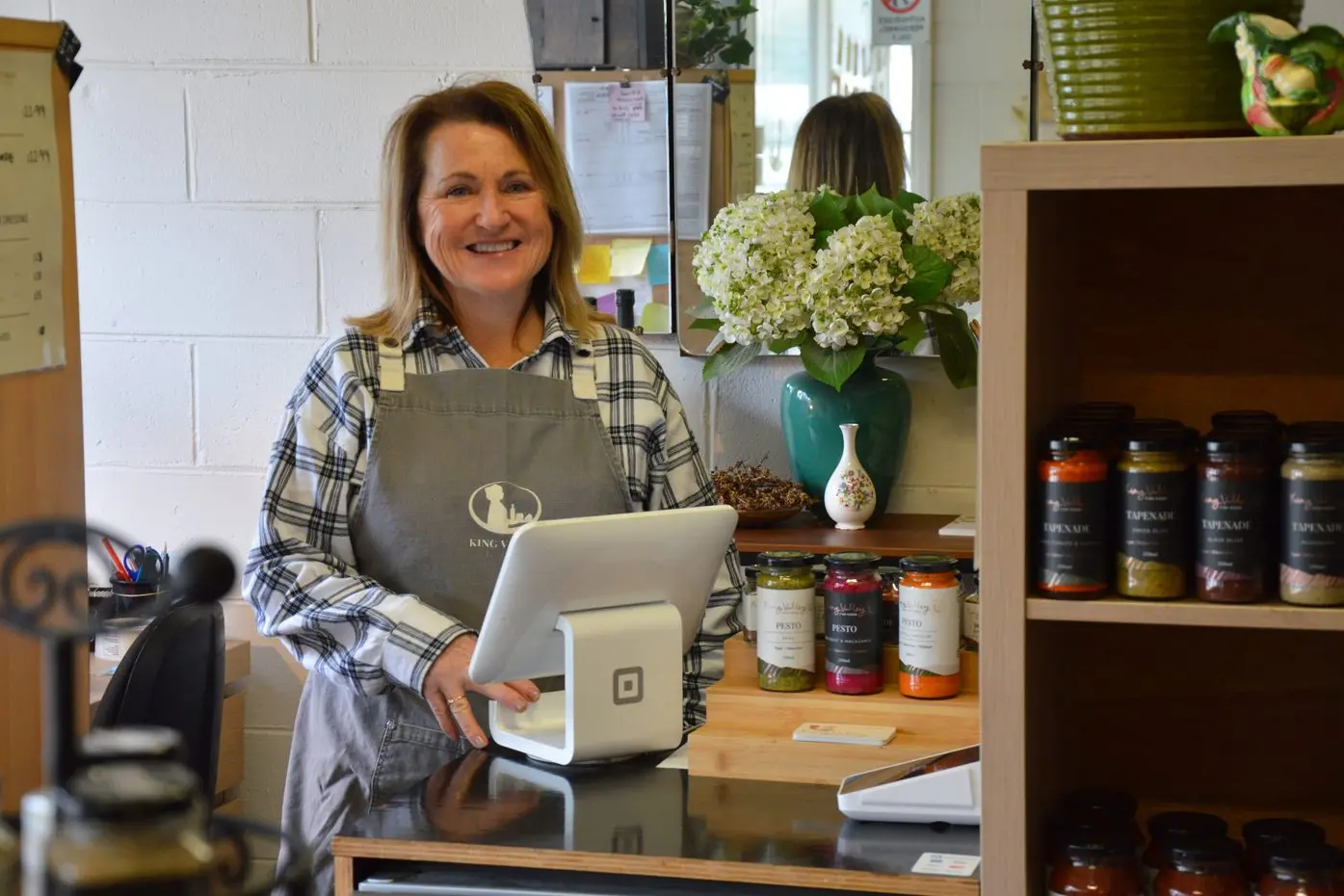PHOTO
The Reserve Bank of Australia's Review of Merchant Card Payment Costs and Surcharging and its preliminary recommendation to remove surcharging on eftpos, Mastercard and Visa cards, has received mixed reviews from multiple organisations, but appears broadly supported by local businesses.
The RBA released a consultation paper this week as part of its review, recommending it would be in the public interest to remove surcharge fees on card transactions, that the cap be lowered on interchange fees paid by businesses, and that card networks be required to publish the fees they charge.
The RBA said the move would save consumers $1.2 billion each year — or around $60 for every adult using a card - and reduced interchange fees could save businesses around $1.2 billion a year, making 90 per cent of businesses better off.
It said making card networks and large acquirers publish the fees they charge, would improve transparency, boost competition and help businesses find the best plan for accepting card payments.
But the Australian Restaurant & Cafe Association (ARCA) has condemned the Reserve Bank of Australia’s (RBA) proposal to ban credit and debit card surcharges.
ARCA labelled the move a short-sighted policy that will hurt small businesses, force menu prices up, and further strain the struggling hospitality industry.
ARCA CEO Wes Lambert argued that even with lower merchant fees promised by the RBA, businesses would be left footing the bill for transactions that previously incurred no net cost due to surcharges.
He said the proposal prevented businesses from recouping the costs associated with processing card payments, which would become an added burden for small businesses unable to negotiate bulk discounts enjoyed by larger corporations.
It's a position challenged by RMIT associate professor of finance Dr Angel Zhong who said small businesses stood to gain significantly from both the surcharge ban and interchange fee caps, saying with lower processing costs and simplified pricing, they can focus on serving customers rather than navigating complex payment fees.
"Banks will take a haircut on interchange revenue, but let’s not overstate it—this is about rebalancing, not dismantling," she said.
"The focus now shifts to efficiency and competition in payment services."
Dr Zhong said while it was "a net positive" the transition will need careful monitoring to ensure compliance, so merchants don't subtly raise prices, and savings actually reach businesses and consumers.
Anglicare Sydney also welcomed the RBA's proposal, saying the move would offer meaningful relief to families battling rising living costs.
Head of Food and Financial Assistance Paul Fitzpatrick said when margins are tight, even small charges add up and the proposal would benefit people on lower incomes who are increasingly forced to use cards for everyday purchases - something they shouldn't be penalised for.
Wangaratta Club general manager Daniel Peacock said it came down to whether the bank was still going to pass on their fees to the business, which the business would have to recuperate in some way.
He said if he no longer had to pay the bank's surcharge, he wouldn't have to recover it from the customer.
"We only pass on the charge that we incur," he said.
"When we first introduced it (about a year ago) we had a couple of people say they weren't happy about it, but once I explained exactly how we did it - that it was only covering the cost of what we had to pay the bank - we didn't get any ill will towards it, it was totally understandable to them.
"And because it's a member's club, we were actually encouraged to pass it on by a lot of our customers, so we wouldn't be out of pocket."
Mr Peacock said while takings over the bar for smaller drink purchases remained at about 60 per cent cash and 40 per cent card, the vast majority of food sales were paid via card.
At King Valley Fine Foods in Whitfield, owner Leanne Dodd doesn't add a surcharge for customers who wish to pay by card but opted to invest more up front to upgrade to a new payment platform which meant her business would be charged lower card fees overall, compared to what she was previously paying.
She said she'd be happy to see the interchange fees paid by businesses to card providers reduced.
"As we become more and more cashless, we have no choice but to pay these charges, so it would be good timing if they did something about it now," she said.
"We still have people coming in who want to pay cash, and I know I carry some cash around myself so I can pay for things like a coffee, and if I see a sign saying I'm going to get a surcharge, I'd rather pay cash.
"A lot of places have the surcharges written on the machine as you're about to pay, but sometimes you don't know, and it just comes up in the total.
"I'm always looking - I think you should be made aware."
While visiting Ms Dodd's store, two customers paid in cash, with one saying it didn't make sense for banks to charge extra for card transactions, when it was actually cash that required more time and labour to process.
Ms Dodd said as a boutique small business open limited hours, she wanted to encourage customers to buy something when they came into her store and not put them off by adding an additional charge.





